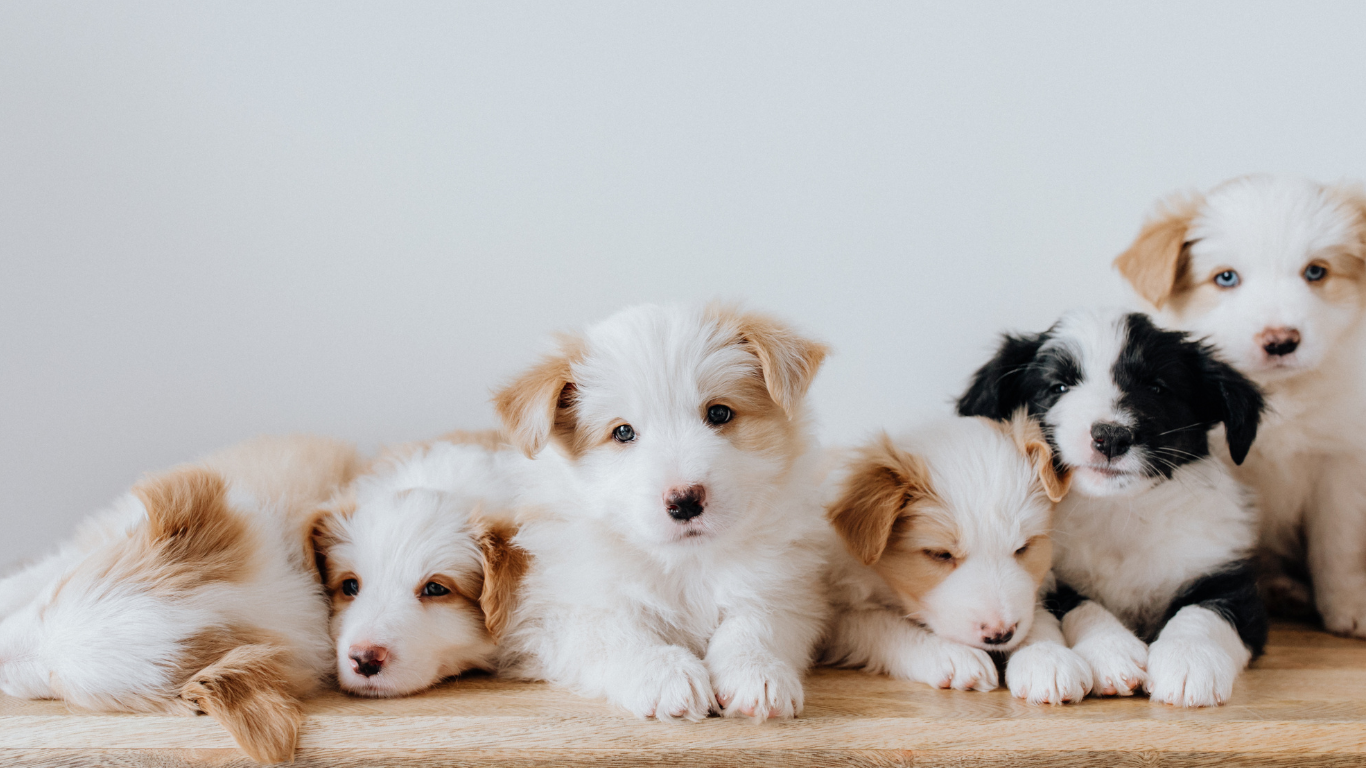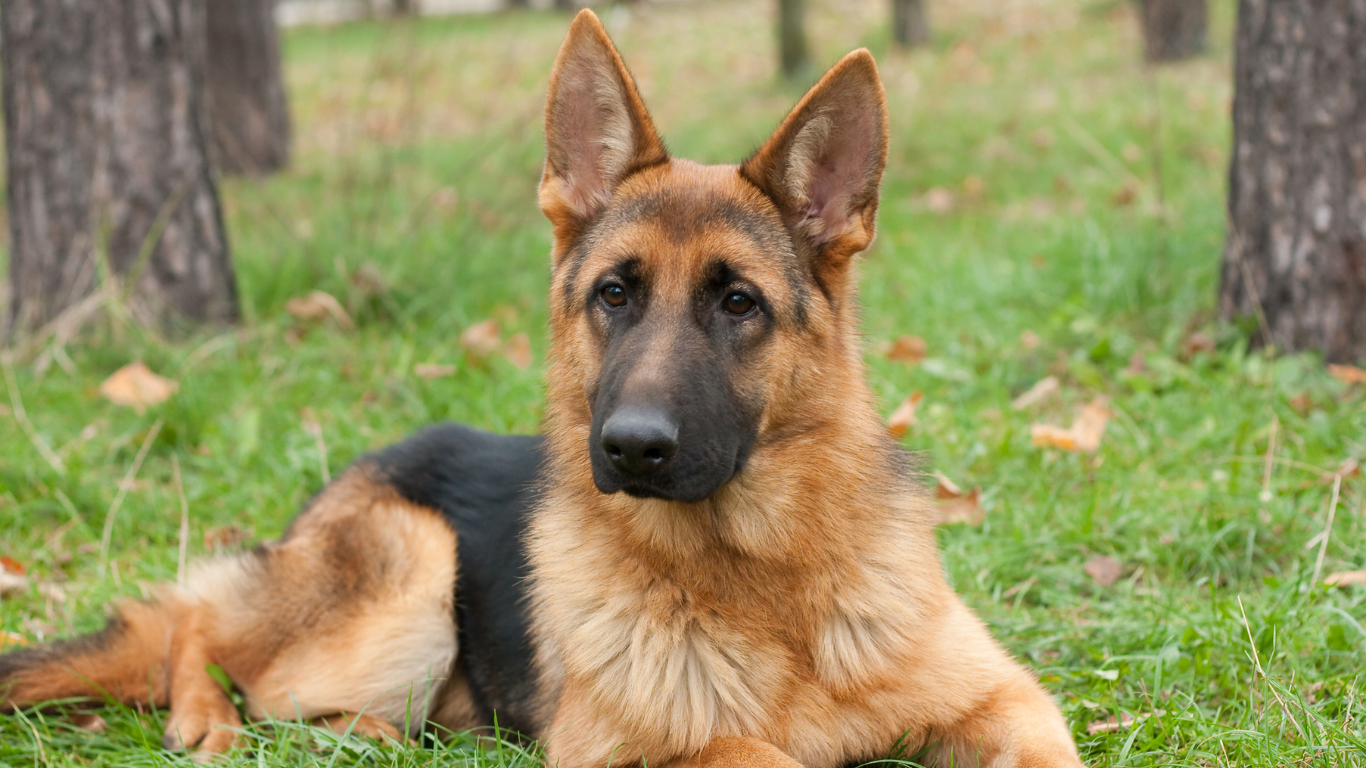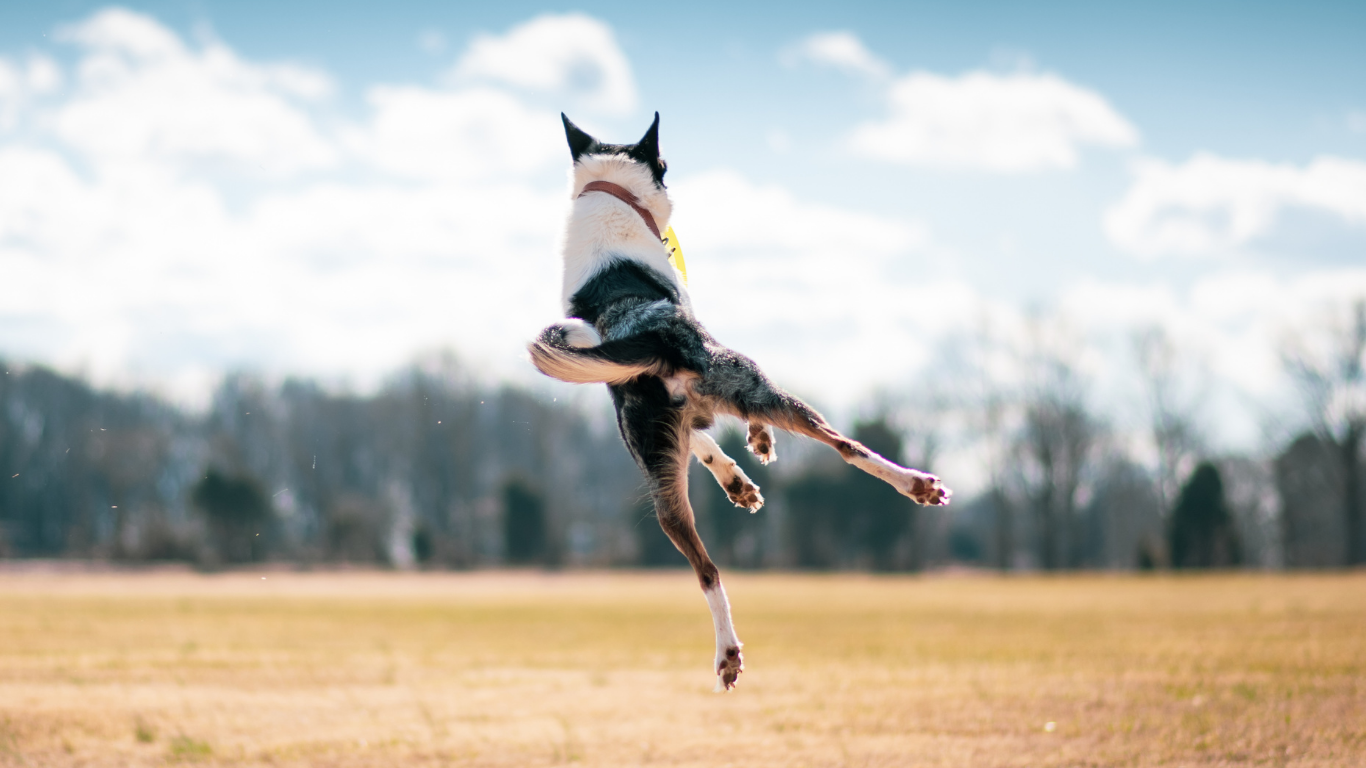The first weeks and months of a puppy's life are crucial for healthy development and future behavior. But what phases does a dog go through during puppyhood until it finally becomes an adult? How should we humans behave in these developmental phases? Through proper care, nutrition and training, you can ensure that your pet grows up to be not only physically but also emotionally healthy. In this article we will summarize for you what it is all about.
Nutrition, health care, training and socialization: what is important in puppy development
In general, proper nutrition is crucial throughout development. High-quality puppy food that meets the specific needs in the different phases is recommended. Healthy and balanced adult food should then follow.
Regular vet visits, vaccinations and proper care will ensure your dog's health as he grows up.
Training basic commands and socialization with other dogs and people should also be a priority right from the start. This not only creates a close bond between you and your dog, but also promotes positive behavior later in life.
1. The neonatal phase: The puppy is dependent on the mother dog
In the first ten days after birth, puppies are completely dependent on their mother. They are born blind and deaf and sleep most of the time. A warm, safe environment and adequate care are crucial. The mother dog provides proper nutrition through breastfeeding, and her presence supports the emotional needs of the puppies. They primarily feel hunger and cold and have to actively do something to get food or physical contact. They should do this first learning experience themselves without much help from people.
2. The transition phase: The puppy's eyes and ear canals open
In the third week, the puppies slowly open their eyes and ear canals and their baby teeth emerge. Even though puppies still sleep a lot in this phase, the increasing sensory impressions make them more and more curious and react to their environment, their siblings and us humans. During this phase, puppies learn important social skills from their mother and siblings. During this phase, we or the breeders can get the puppies used to people by petting them regularly.
3rd socialization phase: The puppy discovers the world
The socialization phase begins between the fourth and twelfth weeks. This is particularly important for the subsequent psychological development and the puppies should now learn and explore a lot. Positive experiences are stored in the brain as normal and help dogs to approach new experiences with confidence.
Breeder Luke from Pink Paradise Breeding starts feeding at around three weeks of age. "I usually give meat as the first meal. Then I start with the Dogs'n Tiger wet puppy food. I mix that with a little water. After a few days there is pure wet food and softened dry puppy food. In the last one or two I then feed the dry food for weeks without softening it," he explains.
Puppies usually move into their new home at around eight weeks. Now the new owners have the task of continuing the socialization and giving the puppies as many new impressions as possible without overwhelming them. Playful training is great in this phase. A first visit to dog school also makes sense now.
If a puppy moves in with you, make sure to get high-quality puppy food whose composition is optimally tailored to the needs of a growing dog. A balanced diet is especially important now to promote the proper development of muscles and bones.
4. Juvenile phase: The puppy becomes a young dog
As soon as the baby teeth fall out and the permanent teeth form, the juvenile phase begins. From around three to six months, the dog experiences an intensive growth phase. In this phase, the dogs still need to be trained in a playful but consistent manner.
A second phase of anxiety may occur at four months. Even if your puppy is already familiar with certain environmental impressions, he can suddenly classify them as dangerous again. You should remain calm and show your loved one that he can rely on you.
5. Adolescence: The young dog reaches puberty
Depending on the breed, adolescence and thus sexual maturity occurs between six and 18 months . Female dogs go into heat and male dogs start lifting their legs when urinating.
Behavioral changes can occur here and training will play an important role in setting boundaries and forming a well-behaved adult dog. Puberty can be a stressful period. The young dog is unfocused and stubborn. What is needed above all is patience and calm. When training, you should focus primarily on positive reinforcement and continue to attend dog school at least until your teenager is one year old.
6. Young adult: The young dog's personality stabilizes
Smaller dogs usually reach adulthood by the time they are one year old; for larger dogs, it can take up to 18 months. Then the dog reaches its adult size and its personality stabilizes.
It is still important to continue training and show consistency in parenting. Even as a young adult, your dog will continue to try to test boundaries.
Now there is no need for puppy food anymore. Depending on the breed and activity level, you should feed a dog food that provides the energy and nutrients your adult dog needs. Make sure to change feed slowly and carefully. In this magazine article we have summarized for you what is important when changing your dog's food.
With our Dogs – Welcome Puppies trial package you are well equipped to get started with your new puppy.











